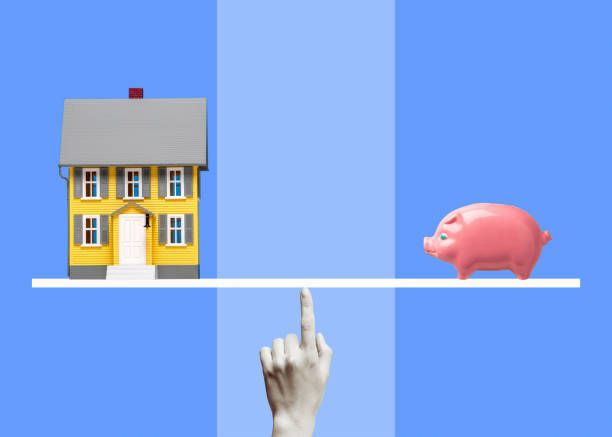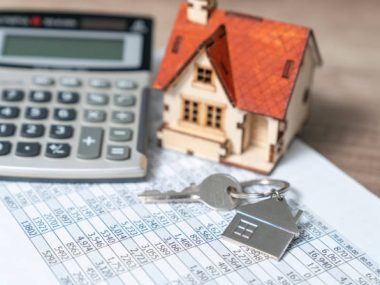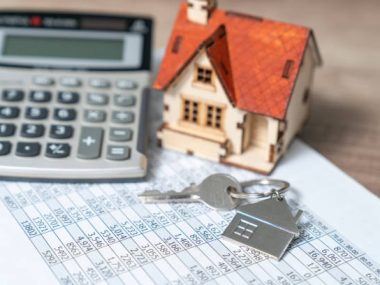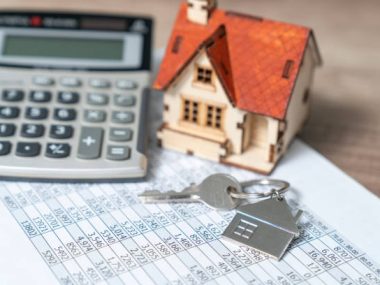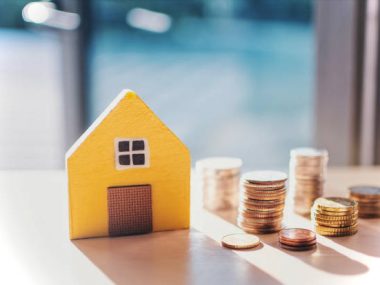Is a mortgage considered debt? The world of personal finance can often be complex and multifaceted, presenting us with various terms and concepts that may require a deeper understanding.
One such concept that frequently arises is the question of whether a mortgage is considered debt.
For many individuals, a mortgage represents the pathway to homeownership – a significant milestone that comes with its own set of financial implications.
At its core, a mortgage involves borrowing a substantial sum of money to purchase a home, with the commitment to repay the loan over an extended period.
However, as we delve into the intricacies of financial terminology, it becomes crucial to dissect the nature of mortgages and their relationship to the broader notion of debt.
In this article, we will navigate through the nuances of mortgages and debt, shedding light on the characteristics that distinguish mortgage debt from other types of financial obligations.
Join us as we embark on a journey to demystify the intricate relationship between mortgages and debt, gaining insights that will empower us to make informed financial decisions and navigate the dynamic landscape of homeownership with confidence.
Also Read:
Is House Insurance Cheaper without a Mortgage?
How Does a Reverse Mortgage Work in Florida?
Is a Mortgage Considered Debt?
A mortgage is commonly considered a form of debt due to its fundamental structure.
It involves borrowing a substantial sum of money from a lender to purchase a property, with the agreement to repay this borrowed amount plus interest over a specified period, often spanning decades.
This repayment process shares key characteristics with traditional debt, where borrowed funds must be returned incrementally.
However, what differentiates a mortgage from other forms of debt is its collateral aspect.
The property being purchased serves as collateral for the loan, which means that if the borrower fails to make payments, the lender can seize the property through a process known as foreclosure.
This unique connection between the debt and the underlying asset adds a layer of complexity to the definition of mortgage debt.
While a mortgage is a financial obligation that involves regular payments, it also offers potential benefits.
Homeownership can build equity over time, providing an avenue for potential appreciation.
Additionally, mortgage interest payments might be tax-deductible in some cases, which can influence the cost-effectiveness of carrying mortgage debt.
Overall, a mortgage aligns with the concept of debt due to its borrowing and repayment nature.
Nevertheless, its tie to a tangible asset and potential financial advantages distinguish it from conventional unsecured debts.
Understanding these nuances is essential for individuals navigating the complexities of homeownership and personal finance.
Key Characteristics of Mortgage Debt
Mortgage debt exhibits distinct characteristics that set it apart from other forms of borrowing.
Firstly, a mortgage is a long-term commitment, typically spanning 15 to 30 years, making it a prolonged financial obligation.
The borrowed amount, used to purchase real estate, is secured by the property itself, serving as collateral.
This collateralization differentiates mortgage debt from unsecured loans.
Mortgage debt often carries fixed or adjustable interest rates, impacting monthly payments and long-term costs.
Fixed rates offer stability, while adjustable rates can change periodically, affecting affordability.
Repayments comprise both principal and interest, with early payments skewed towards interest.
As time progresses, a larger portion of payments goes towards reducing the principal amount.
Defaulting on mortgage payments carries the risk of foreclosure, wherein the lender can reclaim the property.
Conversely, a responsible payment history can bolster credit scores.
Mortgage interest payments might be tax-deductible under certain conditions, affecting the overall cost of borrowing.
Understanding these key characteristics is vital when considering a mortgage.
Its long-term nature, connection to real estate, interest structure, and potential impact on credit and taxes collectively shape the financial landscape of homeownership.
Strategies for Paying Off Mortgage Debt
Paying off mortgage debt efficiently requires careful planning and adherence to effective strategies.
One approach is making extra payments, and directing additional funds towards the principal balance.
This reduces the principal faster, subsequently lowering the overall interest paid over the life of the loan.
However, ensure your mortgage agreement allows for prepayments without penalties.
Another strategy involves refinancing the mortgage.
If interest rates have decreased since the loan origination, refinancing to a lower rate can decrease monthly payments or shorten the loan term.
This tactic demands consideration of closing costs and how long you intend to stay in the property.
Creating a biweekly payment schedule can expedite repayment.
By making half of your monthly payment every two weeks, you effectively make one extra payment annually, accelerating the payoff timeline.
Investing windfalls or bonuses into mortgage repayment can significantly reduce the principal.
It’s important to consult financial advisors to weigh this against other investment opportunities.
Lastly, budget adjustments can free up funds for larger payments.
Sacrificing unnecessary expenses can bolster your ability to tackle the mortgage debt systematically.
Each strategy’s viability hinges on individual circumstances.
Combining approaches and consulting financial experts can tailor a mortgage repayment plan aligned with your financial goals.
Also Read:
Can a Non-Veteran Assume a VA Mortgage?
Who Qualifies for Physician Mortgage Loans?
Conclusion
While a mortgage shares similarities with traditional debt due to its borrowing and repayment structure, its connection to a tangible asset and potential for equity growth make it a distinct financial tool.
Viewing a mortgage solely as a liability overlooks its potential benefits, such as homeownership and potential tax advantages.
Whether considered debt or investment, understanding the nuances of mortgages empowers individuals to navigate the complexities of personal finance, making informed decisions that align with their long-term goals.
